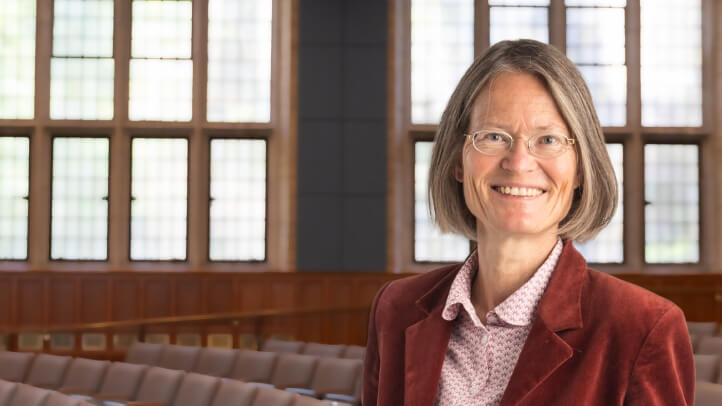Anne Peters, an L. Bates Lea Global Professor of Law at Michigan Law, is director at the Max Planck Institute for Comparative Public Law and International Law in Heidelberg, Germany. She also is a professor at the University of Heidelberg, Free University of Berlin, and University of Basel in Switzerland.
Featured Scholarship
Animals in the International Law of Armed Conflict
- International and Comparative Law
"Conclusion: Reparation for Victims of Armed Conflict – At the Interface of International and National Law"
Reparation for Victims of Armed Conflict
- International and Comparative Law
- Human Rights
Due Diligence in the International Legal Order
- International and Comparative Law
"Principle and Practice of Armed Intervention and Consent"
Armed Intervention and Consent
Activities
Served as legal counsel on Nicaragua v. Germany, a case before the International Court of Justice related to Germany’s provision of military and financial aid to Israel.
Spoke at the 66th meeting of the Committee of Legal Advisers on Public International Law (CADHI) at the Council of Europe in Strasburg, France.
Presented as part of the the War Crimes Group Series at the War Studies Department, King’s College London.


